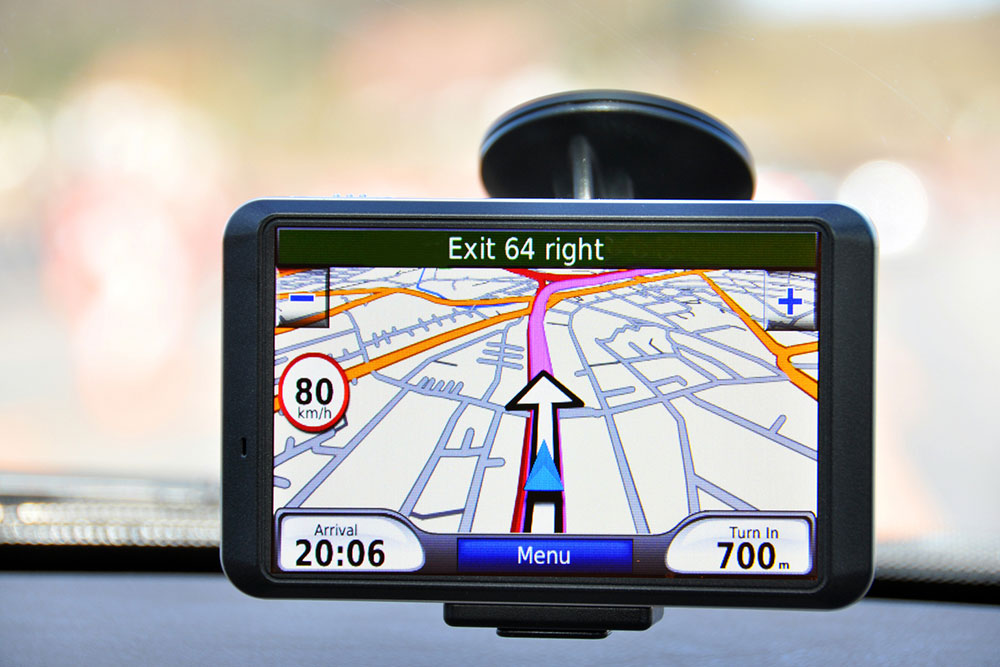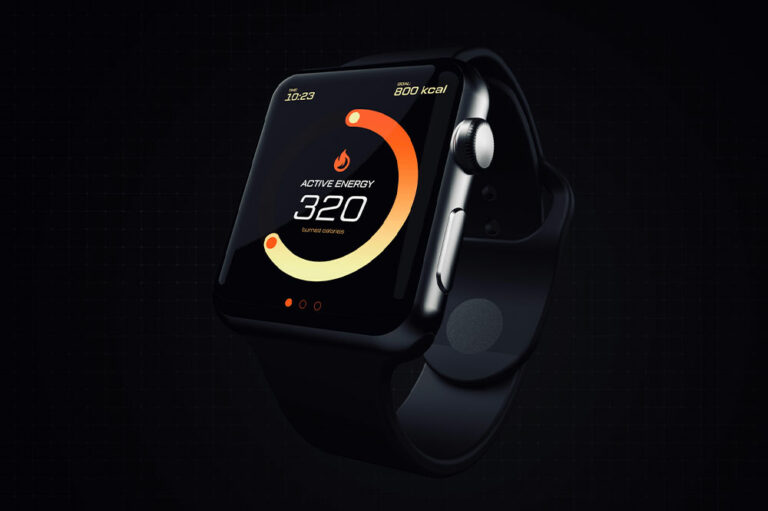3 mistakes to avoid when choosing a GPS fleet tracking system

In today’s e-commerce scenario, improving supply chain visibility is critical. All parties, whether suppliers, manufacturers, or customers, want to know the ETAs of their shipments so they can plan what’s ahead. In that sense, GPS fleet tracking systems are worth their weight in gold in the fast and intense commerce industry. However, one must avoid these three common mistakes as far as possible when choosing GPS fleet tracking systems for business operations.
Neglecting tracking range
Companies delivering their goods over ultra-long distances must track their fleets throughout the route until they safely reach their destination. Therefore, people tasked with choosing GPS fleet trackers need to check the range of a given system before choosing it. Ideally, the range should be infinite if companies deliver their goods internationally. Even if a business delivers locally, it should choose a system with a long range. This way, it can track down its fleet accurately no matter how far away it is at any given moment. Neglecting the tracking range undermines the overall transparency of a company’s supply chain operations.
Buying the cheapest/costliest option without thinking
Usually, the costliest systems have the most fancy features and advanced capabilities. However, they may be useless to a small, local business just looking for a simple, no-nonsense fleet tracker. On the other hand, the cheapest systems may not have critical features and basic functionality, even for a small business. Therefore, one should consider the scale of operations and choose wisely. Ideally, one must purchase a tracker that performs well and falls within their budget.
Failing to consider compatibility
Most businesses use advanced ERP software to manage operations and become more efficient. A business’s GPS fleet tracking system must be compatible with such ERP systems to integrate all operations seamlessly. After all, fleet tracking is something that multiple stakeholders, such as suppliers, warehouse managers, and transportation partners, will need to have a finger on simultaneously. A GPS tracking system compatible with such platforms makes every stakeholder’s life easy. Checking factors like compatibility can be tedious and time-consuming, but it is a critical step to prevent unnecessary hassle later.










